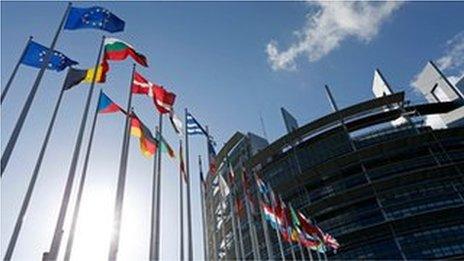European elections 2019: EU citizens turned away from UK polls
- Published
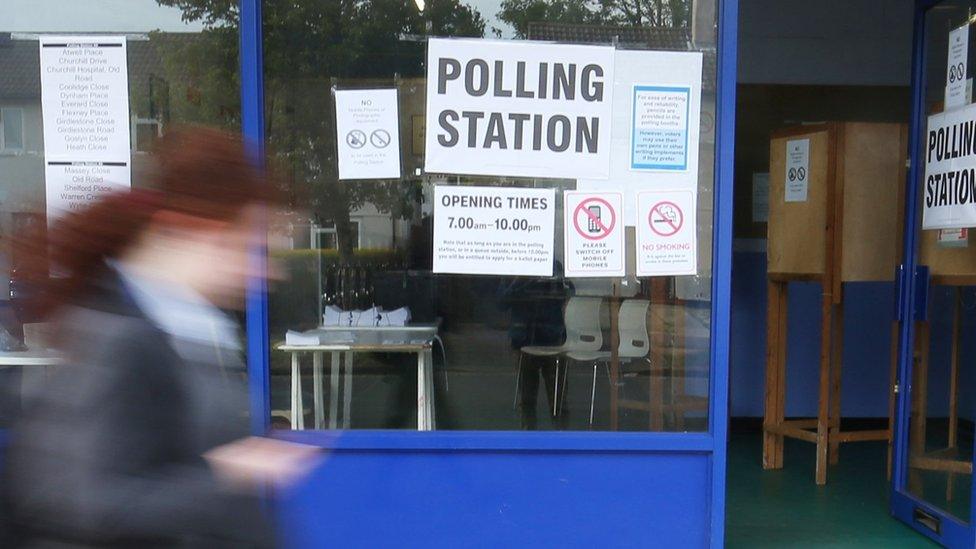
EU citizens living in the UK have told of their anger after they were unable to vote in the European elections.
The Electoral Commission said the "very short notice" from the government about the UK's participation in the elections had an impact on the process.
EU citizens can vote in the country they live in by registering to vote and completing a UC1 form.
But many complained of receiving the form late and of it not being processed by their local authority in time.
A campaign group said thousands of people have been affected by the issue.
The prime minister's spokesman recognised that there was "frustration".
The government announced on 7 May that the UK would be taking part in the European elections, having previously hoped that a Brexit deal would have been agreed by then.
In order to take part in the European elections in the UK, EU citizens needed to have returned a UC1 form by 7 May to their local authority, declaring they would not vote in another EU member state.
Citizens of Ireland, Malta or Cyprus are eligible to vote in the UK for European elections without having to make this written declaration.
Many people took to Twitter to say they were not sent the form by their local authority or had received it just days before the deadline - and that councils then failed to process the forms in time. Some others said they were unaware of the UC1 process that would have allowed them the right to a vote.
Within hours of the polling booths opening, the hashtag #deniedmyvote was trending on Twitter, with EU citizens saying they had been turned away from polling stations.
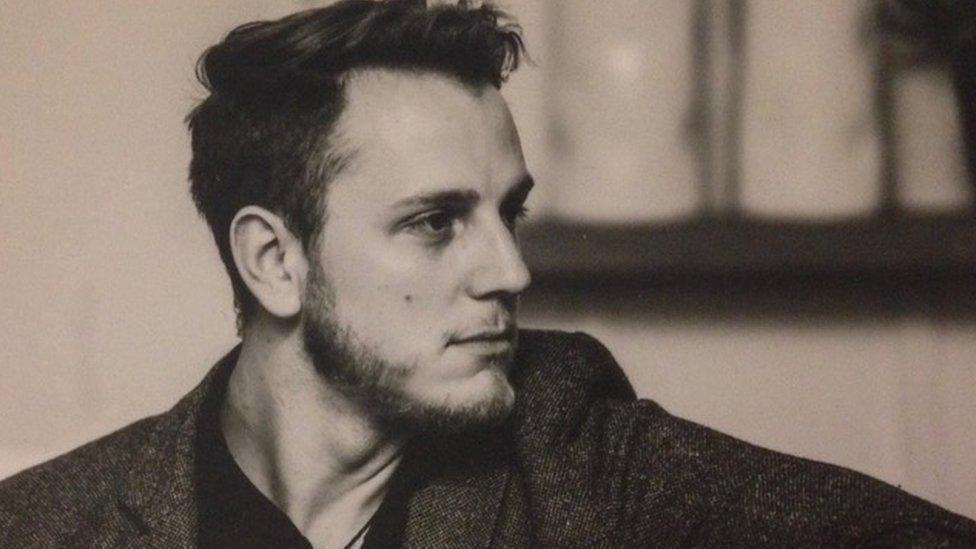
Moritz Valero said he wanted to make his voice "heard" through the vote
Moritz Valero, who is from Germany but has lived in the UK for nearly five years, told the BBC he and his partner received their UC1 form at the end of April.
He says he hand-delivered the completed forms to his local council, in east London, on 2 May to make certain they arrived in time.
But when he turned up to his local polling booth on Thursday, he says he was told there was no record of their UC1 forms and they could not vote.
"I was absolutely shocked and appalled," he said. "They're taking away our basic rights and it's unacceptable.
"I want to make my voice heard through the vote."
Tower Hamlets Council said it had resolved the error in time for Mr Valero and his partner to vote.
A spokesperson said: "Like all local authorities, our staff have worked tirelessly to deliver an election in weeks, which would normally take months."
'I tried to figure everything out'
Lisa van der Zanden, 26, who is from the Netherlands but has lived in Bristol for a year-and-a-half, said she had done research on the rules for voting in another country's European elections.
She registered to vote but did not realise that she also needed to withdraw her vote from her homeland.
When she got to her local polling station, she found her name was on the list but crossed out, she said.
"I have been looking this stuff up for a couple of weeks before voting," she said.
"I have tried to figure everything out. Nowhere it comes up that I have to withdraw my Dutch vote."
"I'm really angry. I feel like I have done everything that I could to vote.
"I think voting is really important, especially in these times. I always use my right to vote."
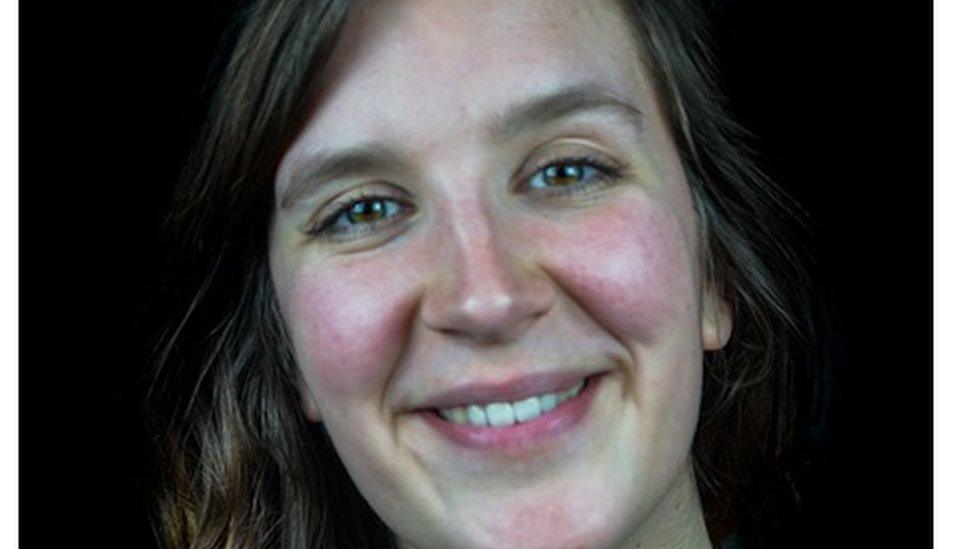
Another frustrated non-voter was Fabio, who did not reveal his surname. He said he received a letter confirming that he was included on the electoral register, but it did not mention the requirement for an extra form for the European election.
Then, on the eve of the election, he said he received a second letter saying he would not be able to vote because of the lack of a UC1 form.
He said he contacted his local council's electoral services office and was told that the information about the UC1 form had been on a "read more" link on the online registration webpage.
Fabio added: "When I pointed out that it should have been advertised as essential information on the page itself, and that the confirmation letter should have included a reminder that the additional form needed to be submitted, the person on the phone made excuses about the short government timetable to organise the elections."
'Very short notice'
The3Million, a group that campaigns on behalf of EU citizens living in the UK, said it had been directly contacted by hundreds of people who had been affected, adding that thousands would have encountered problems.
The group said it was "outrageous" that people had been denied the chance to vote.
It is calling for a "full investigation" into what happened.
The prime minister's spokesman said: "I'm aware of the reports but the government doesn't have a role in the administration of the polls so can't comment on numbers or the accuracy of reports.
"However I recognise that there is frustration.
"The running of polls is rightly a matter for independent returning officers, it is for them to put in place the necessary planning and contracts with suppliers to deliver items like poll cards and postal votes to meet necessary timetables.
"I am sure the Electoral Commission will take any reports seriously."
An Electoral Commission spokesman said it understood the frustration of people who had been unable to vote.
It said it had made the case for the process for EU citizens to vote in the UK to be made easier, but it would require changes to the law from government and Parliament.
A spokesman added: "The very short notice from the government of the UK's participation in these elections impacted on the time available for awareness of this process amongst citizens, and for citizens to complete the process.
"EU citizens' right to vote in the election in their home member state remains unaffected by the change in the UK's participation; in order to do so, they would need to be registered in that country in accordance with that country's process and timetable."
- Published23 May 2019
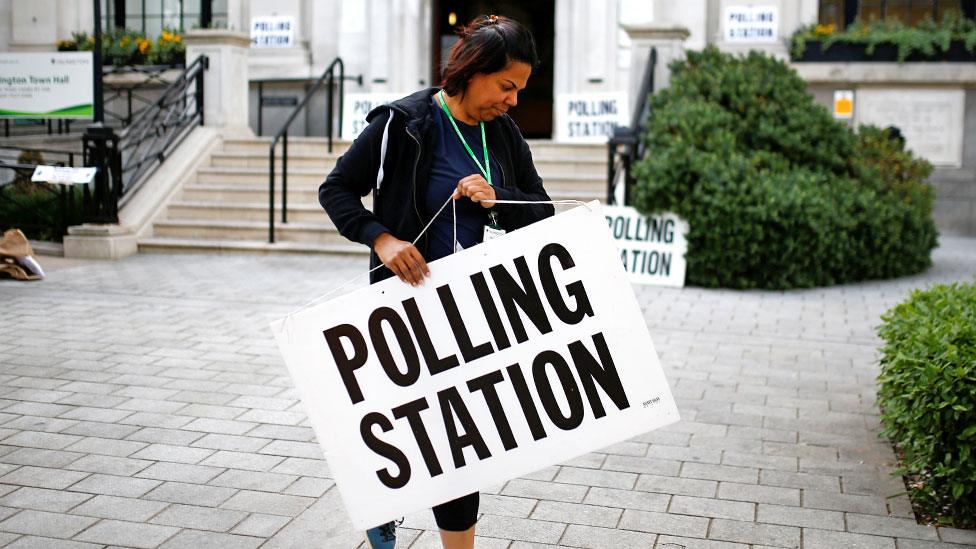
- Published14 May 2019
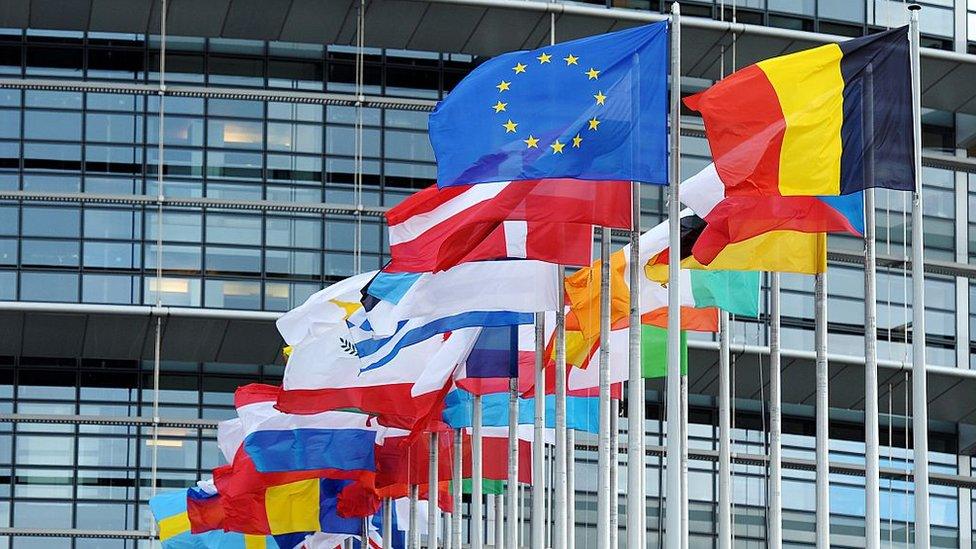
- Published15 May 2019
